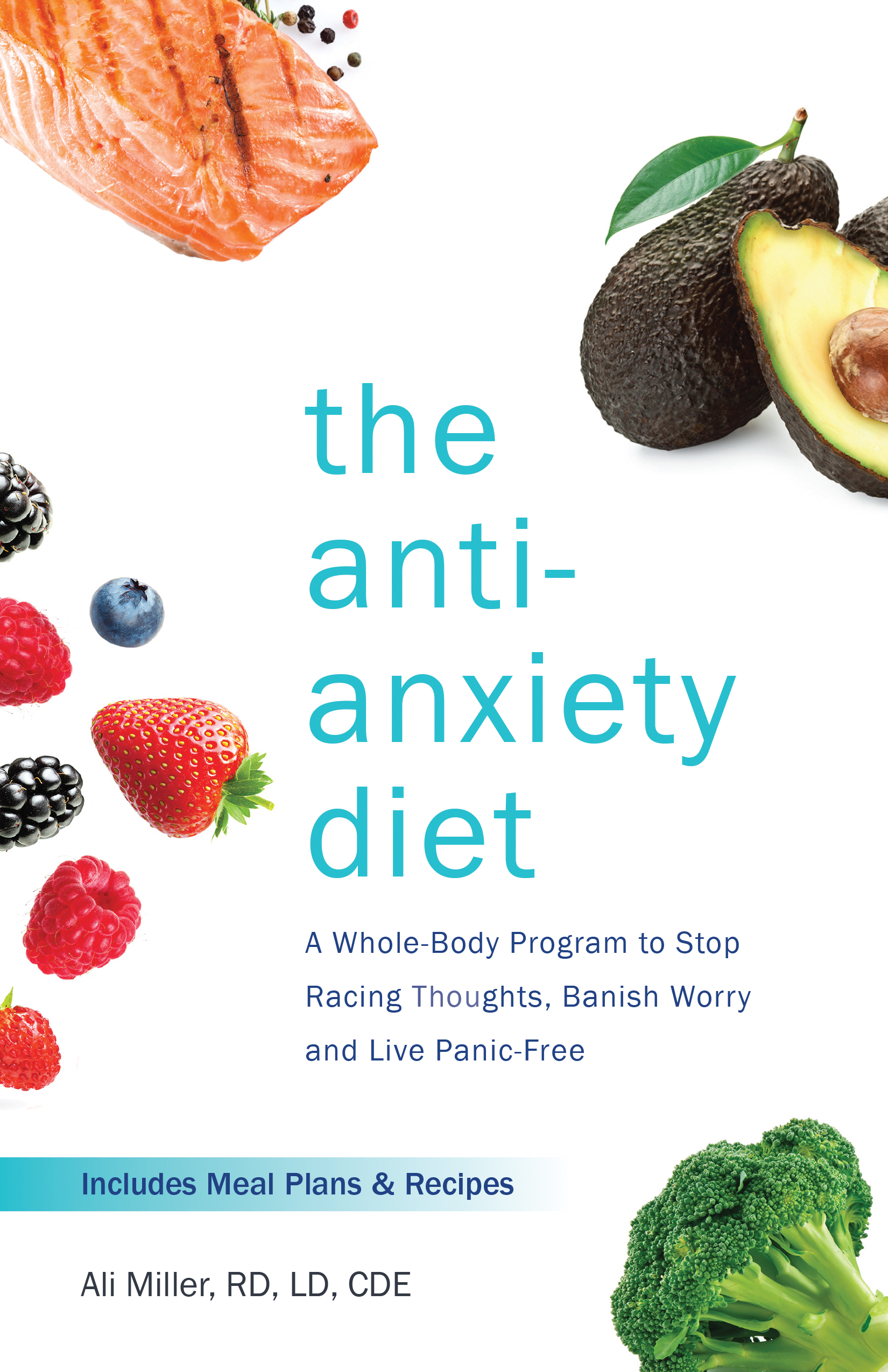Nutrition for Anxiety Health

The Link Between Nutrition and Anxiety
The food you eat has a direct impact on your brain chemistry and can influence your mood, energy levels, and stress levels. A diet that is high in processed foods, sugar, and caffeine can contribute to anxiety symptoms, while a diet that is rich in whole foods, healthy fats, and protein can help to reduce anxiety and promote overall wellbeing.
The Best Foods for Reducing Anxiety
Here are some of the best foods to incorporate into your diet to help reduce anxiety:
1. Leafy Greens
Leafy greens like spinach, kale, and broccoli are packed with essential vitamins and minerals that support brain health and reduce inflammation. They are also rich in magnesium, which has been shown to help reduce anxiety symptoms.
2. Nuts and Seeds
Nuts and seeds like almonds, walnuts, and pumpkin seeds are rich in healthy fats and protein, which can help to stabilize blood sugar levels and reduce inflammation in the body. They are also a good source of magnesium and zinc, both of which are important for reducing anxiety.
3. Fatty Fish
Fatty fish like salmon, mackerel, and sardines are rich in omega-3 fatty acids, which have been shown to reduce inflammation and improve brain function. They can also help to reduce anxiety symptoms and promote overall mental health.
4. Fermented Foods
Fermented foods like kefir, sauerkraut, and kimchi are rich in probiotics, which are important for maintaining a healthy gut microbiome. A healthy gut has been linked to reduced anxiety and improved mental health.
What to Avoid
While there are many foods that can help to reduce anxiety, there are also some foods that can make symptoms worse. Here are some foods to avoid:
- Sugar
- Caffeine
- Processed Foods
- Alcohol
These foods can all contribute to inflammation in the body, which can worsen anxiety symptoms.
The Benefits and Drawbacks of Nutrition for Anxiety Health
Benefits
- Reduced anxiety symptoms
- Improved overall health
- Reduced inflammation
- Better brain function
Drawbacks
- Requires a commitment to healthy eating
- May not work for everyone
- Can be expensive to eat a healthy diet
- May require additional supplements or medications
Conclusion
Nutrition is an important aspect of managing anxiety and promoting overall health. By incorporating whole foods, healthy fats, and protein into your diet, you can help to reduce inflammation and improve brain function, which can help to reduce anxiety symptoms. While nutrition alone may not be enough to manage severe anxiety, it can be a useful tool to add to your anxiety management toolbox.
FAQ
1. Can nutrition alone cure anxiety?
No, nutrition alone cannot cure anxiety. However, it can be a useful tool to add to your anxiety management toolbox.
2. What are the best foods for reducing anxiety?
The best foods for reducing anxiety include leafy greens, nuts and seeds, fatty fish, and fermented foods.
3. Can certain foods make anxiety worse?
Yes, certain foods like sugar, caffeine, processed foods, and alcohol can contribute to inflammation in the body, which can worsen anxiety symptoms.
4. Is it expensive to eat a healthy diet?
Eating a healthy diet can be more expensive than eating a diet that is high in processed foods. However, there are ways to eat healthy on a budget, such as buying in-season produce, shopping at farmers markets, and cooking meals at home.
